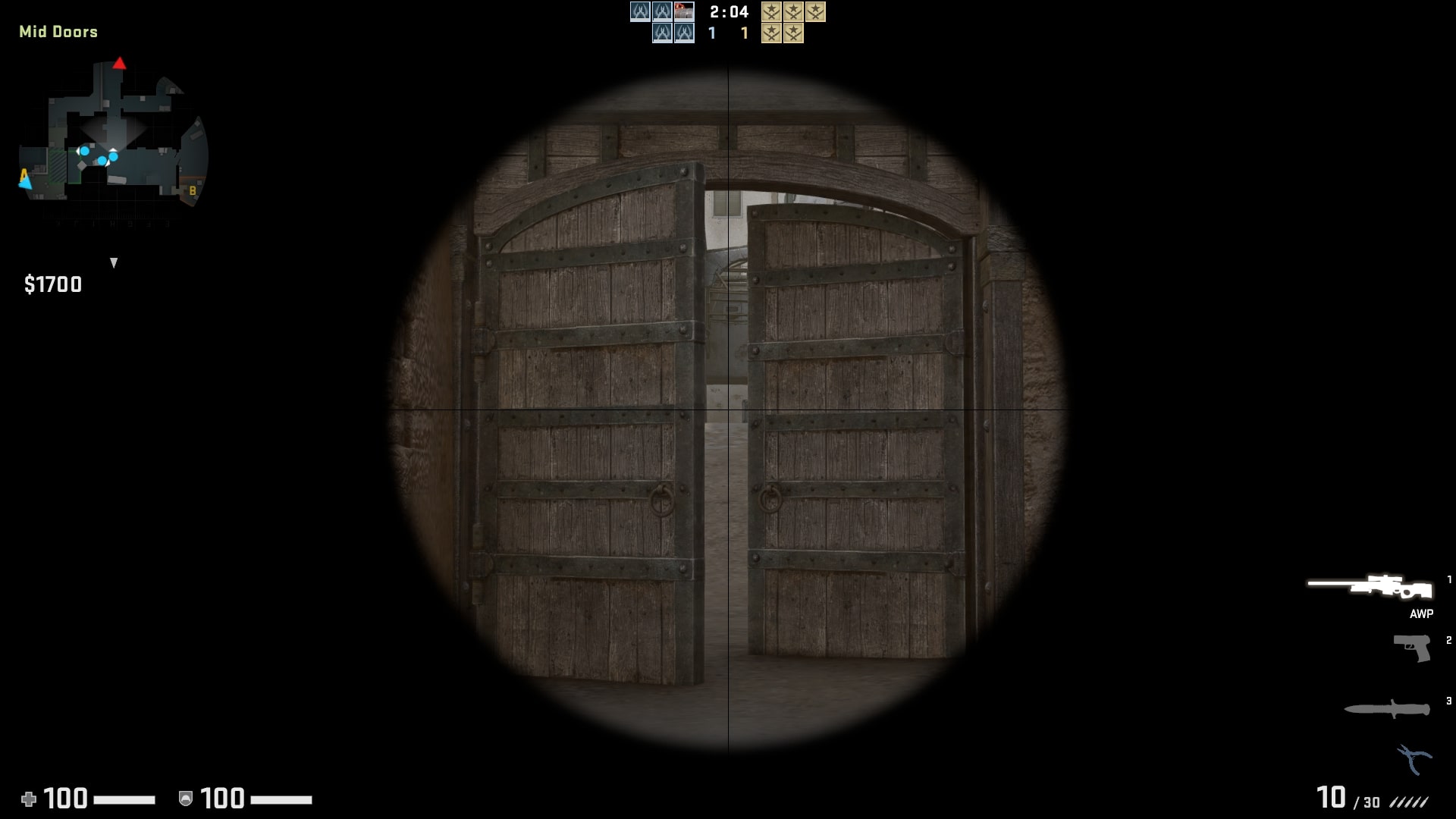Bridal Bliss Insights
Your go-to blog for all things weddings, trends, and bridal elegance.
Brain Over Brawn: How the CSGO IGL Role Sets the Stage for Victory
Discover how the CSGO IGL role can turn the tide of battle! Unlock strategies for winning with brains over brawn in esports.
The Strategic Mind: Understanding the IGL's Role in CSGO
In the competitive landscape of CS:GO, the In-Game Leader (IGL) plays a pivotal role in shaping the team's strategies and ensuring effective communication. An IGL is not just responsible for making tactical decisions during a match, but also for studying the enemy team's playstyle and adapting his team's approach accordingly. This role requires a deep understanding of game mechanics, map control, and player strengths. A proficient IGL must also foster teamwork and maintain morale, as their leadership directly influences the team’s overall performance and mentality.
To excel as an IGL, one must possess certain key skills. These include strategic thinking, where the IGL formulates plans based on real-time information, and communication skills to relay strategies effectively to teammates. Additionally, an IGL must be able to maintain composure under pressure and make quick decisions, often during critical moments in the game. By continuously analyzing gameplay and adjusting strategies, the IGL ensures that the team remains one step ahead of the competition, leading to improved performance in crucial matches.

Counter-Strike is a popular first-person shooter game that emphasizes team-based gameplay and strategy. Players can choose from various weapons, including the iconic m9 bayonet, which is known for its aesthetic appeal and unique animations. The game's competitiveness and community support have made it a staple in the esports scene.
Mastering the Game: Key Traits of Successful IGLs in CSGO
In the competitive landscape of CS:GO, the role of an in-game leader (IGL) is pivotal for team success. Mastering the game requires a unique set of skills and traits that can significantly influence performance. One of the key traits is strategic thinking; a successful IGL must be able to analyze the map, anticipate opponents' moves, and devise effective strategies that enhance the team's chances of winning. Additionally, communication is crucial. An IGL should possess the ability to clearly articulate plans and motivate teammates, ensuring everyone is on the same page during crucial moments.
Another essential characteristic is adaptability. The dynamic environment of professional esports means that plans can quickly become obsolete when confronted with unforeseen challenges. A great IGL must be willing to adjust tactics mid-game and exploit opponents' weaknesses rapidly. Furthermore, successful IGLs often exhibit strong leadership qualities, instilling confidence and resilience within their team. Cultivating a positive team atmosphere, providing constructive feedback, and leading by example can set the foundation for not just winning games, but also fostering long-term teamwork and synergy.
How an IGL Can Transform Team Dynamics and Enhance Performance in CSGO
In the competitive world of CSGO, the role of an In-Game Leader (IGL) is pivotal in shaping a team’s dynamics and overall success. An effective IGL not only commands the strategic direction of the game but also fosters team cohesion. This leadership is crucial, as it involves making real-time decisions that require a clear understanding of each player's strengths and weaknesses. By implementing structured strategies and adapting to the opponent's tactics, an IGL can transform a disjointed team into a well-oiled machine, enhancing their adaptability and reaction time in high-pressure situations.
Moreover, the influence of an IGL extends beyond mere tactics; it encompasses the psychological aspect of teamwork. A strong IGL instills confidence and encourages open communication among team members, creating a positive environment that can significantly impact performance. When players feel valued and understood, they are more likely to take risks and perform at their best. Ultimately, a skilled IGL not only boosts team morale but also leads to a more cohesive strategy, ensuring that every player is on the same page and working towards a common goal, thereby driving the team toward victory.